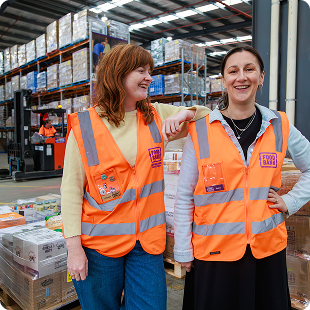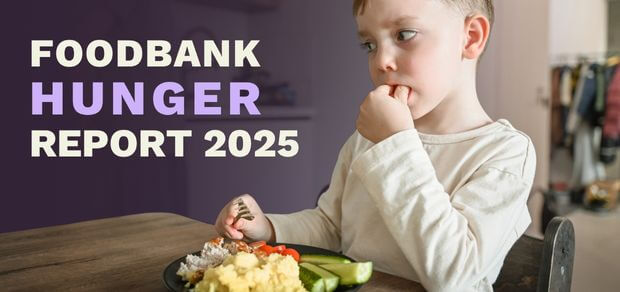How do we meet demand?
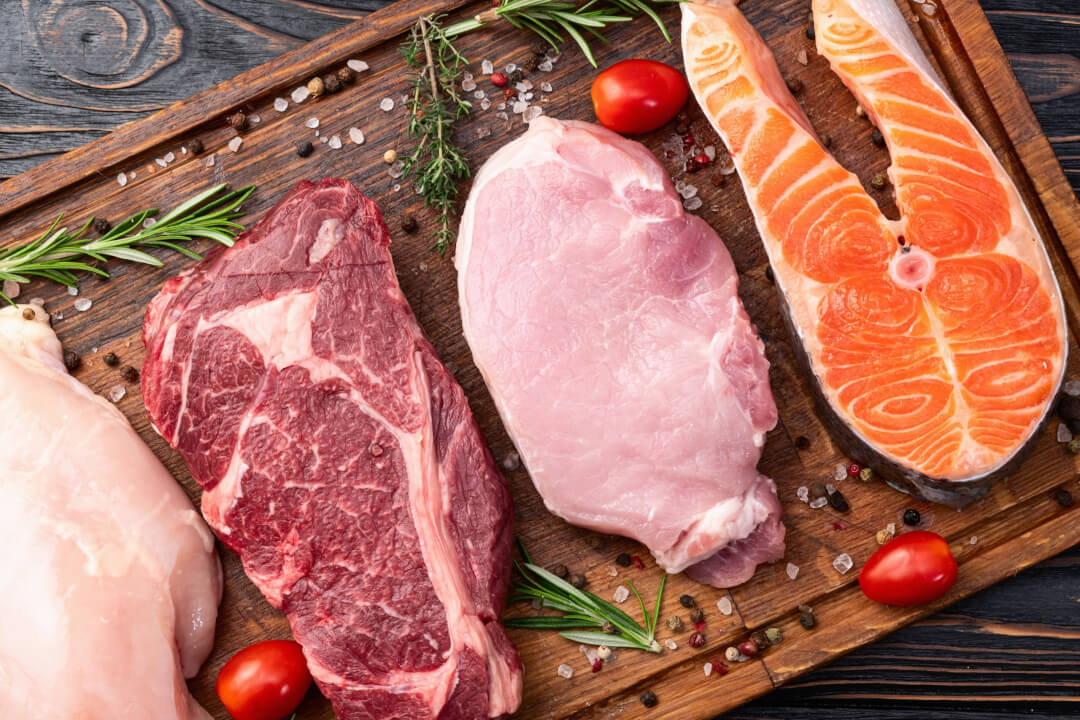
9.2 million. That’s the number of meals we provided last financial year across Western Australia.
We work with farmers, wholesalers, manufactures and retailers who donate and redirect surplus product to us but to meet demand we are always working behind the scenes to see how we can better support our customers and provide them with a wide and varied products to choose from.
While the impact of the cost-of-living crisis on families and individuals has been devastating, many businesses have also been impacted greatly due to manufacturing, labour, logistical and transportation costs rising exponentially. This has meant that many of our donors have had to reassess how they operate, to ensure more efficiency and many, as a result, also donate less. One such example is protein products. The last two years have seen a dramatic drop, 66% to be exact in the amount of protein that is donated.
To ensure a constant and consistent supply of fruit, vegetables, meat and shelf-stable items, we keep a very close eye on volumes of food that are donated so that we can bridge the gap where its required.
With our customer base growing each day, last year we applied to the Department of Communities for a $500,000 grant to purchase additional sources of protein, creating our first Protein Supply Program.
Our amazing donors Inghams, DBC and Westpork, Harvey Beef, Craig Mostyn Group and Austral Fisheries who generously donate to us on a weekly basis, have in addition to this, generously offered us reduced rates to purchase additional protein at a discounted fee whenever they have excess stock on hand.
Thanks to our donors and to the generous grant from the Department of Communities, we have been able to keep up with the increase in demand we see across our branches across the state. We continue to innovate to create a sustainable and continuous supply of food that meets growing demand and ensures protein isn’t just a ‘sometimes’ food for our customers.
This community effort and collective responsibility means that the most vulnerable in our community can have healthy and nutritious meals available for themselves and their families.
Latest news
December donations bring hope and joy
Find out more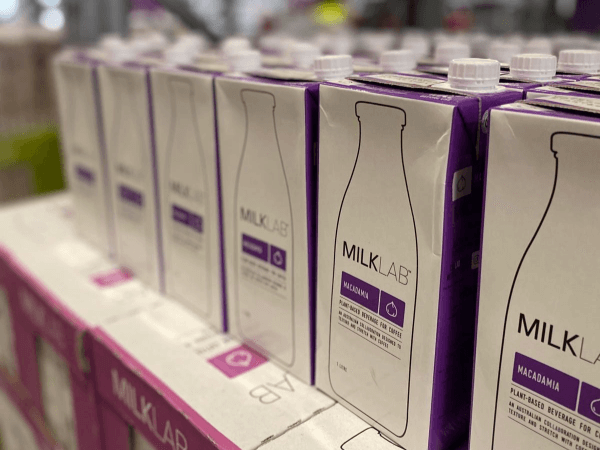
Behind the scenes how we keep WA families fed
Find out more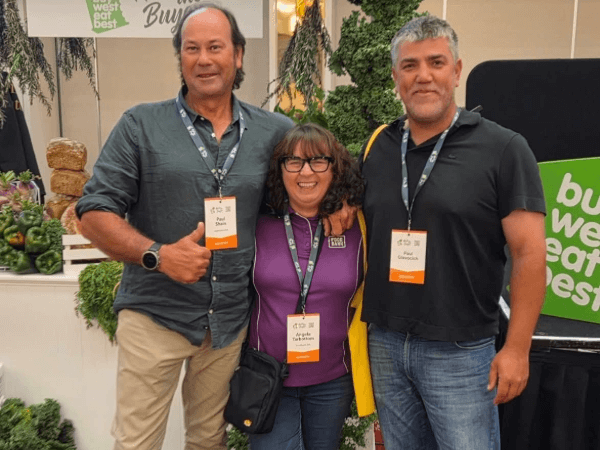
Pumpkins help to deliver comfort and care
Find out more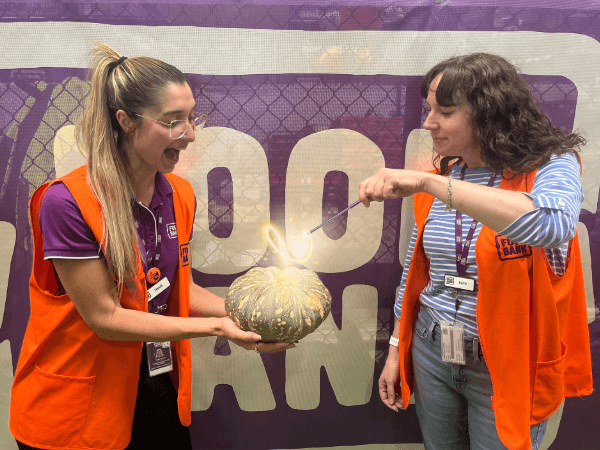
Creating a stronger, food-secure Western Australia
Find out more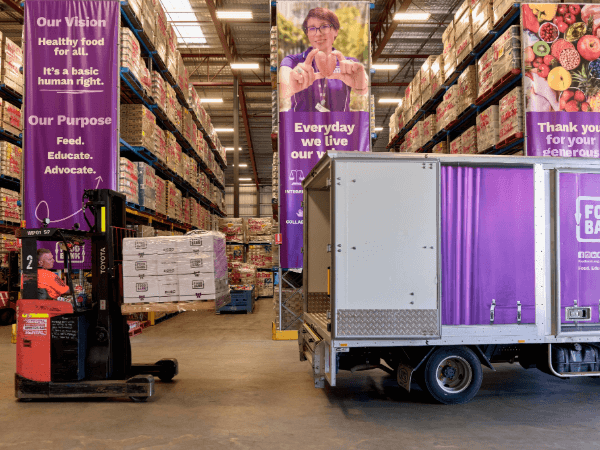
Foodbank brings flavour, fun, and community spirit to the Hyde Park Festival
Find out more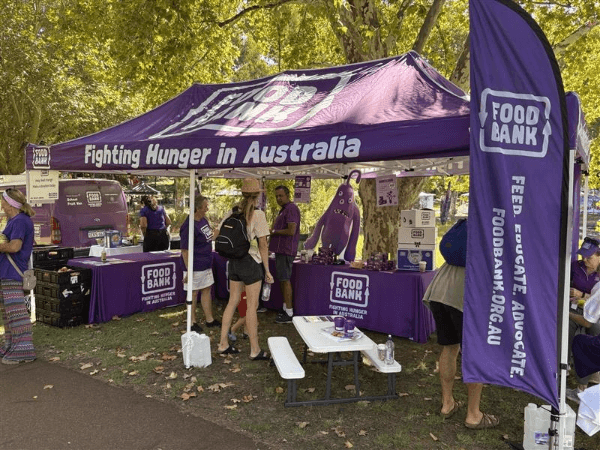
How our School Breakfast Program is fuelling learning across Western Australia
Find out more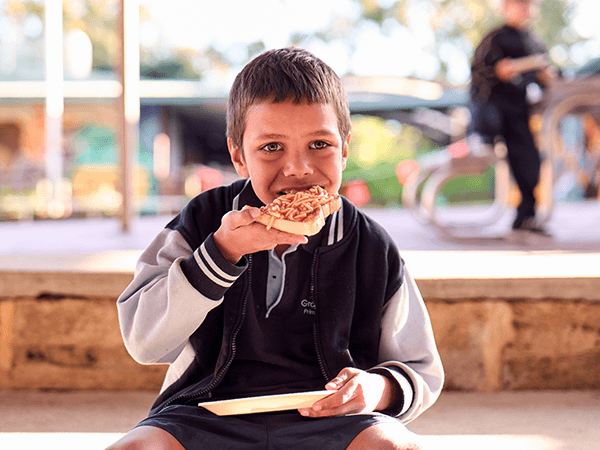
Superhero Foods® – fun, healthy resources for parents and teachers
Find out more
A gift of beauty and joy this Christmas
Find out more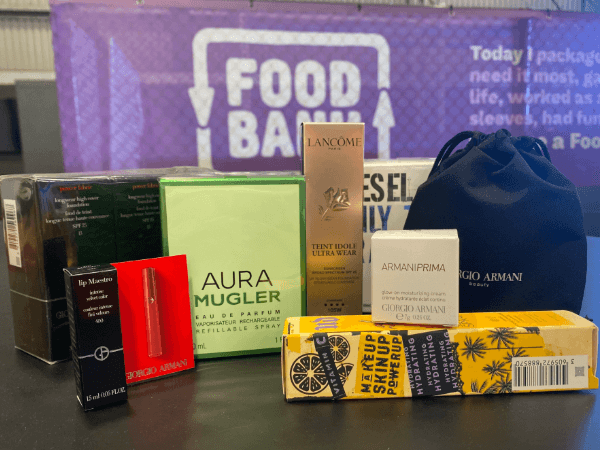
A new truck means more fresh food for Western Australians
Find out more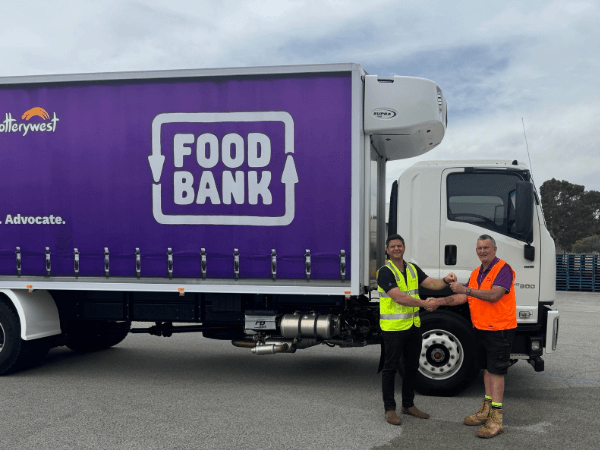
Bringing food relief closer to home with our Mobile Foodbank
Find out more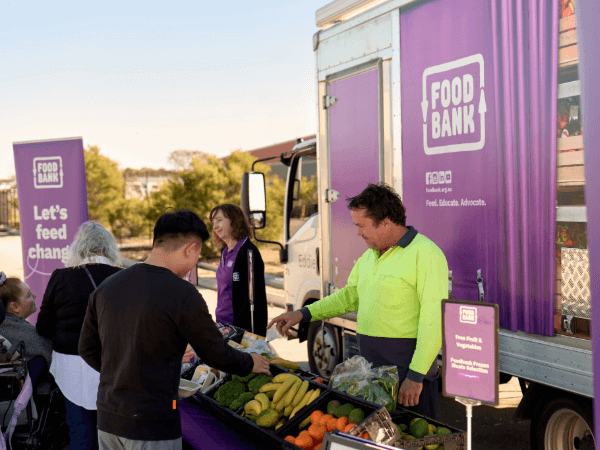
Tony’s epic climb for a cause
Find out more
When life changes in a single phone call
Find out more
Grogan Road Closure
Find out more
Kick goals for the community
Find out more
We went bananas
Find out more
A special visit before Christmas
Find out more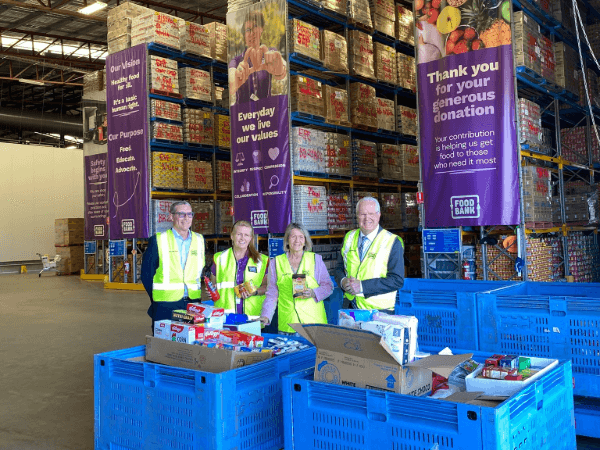
A Christmas that truly mattered
Find out more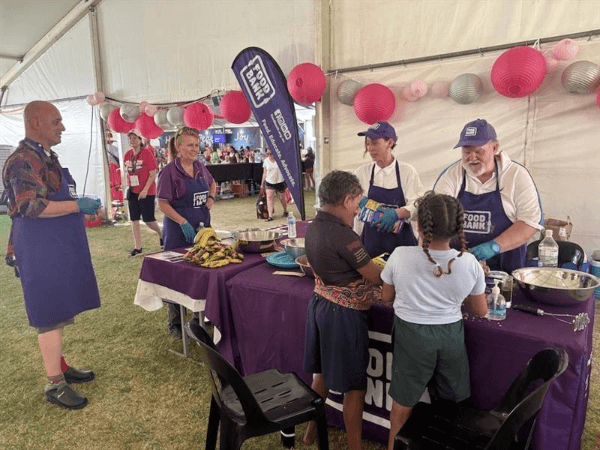
Discover our Superhero Foods HQ
Find out more
Meet Conor
Find out more
Staying food safe in the summer heat
Find out more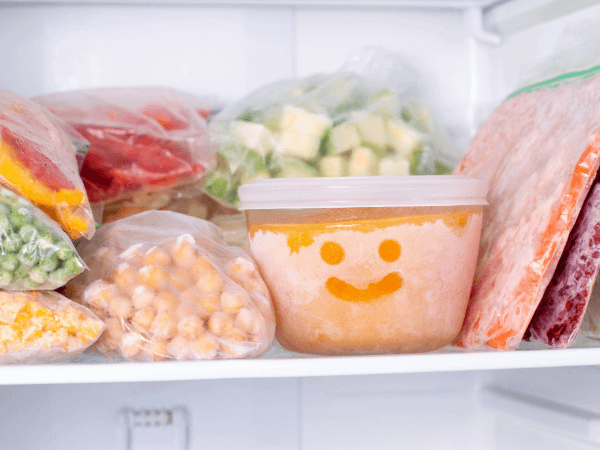
Making Christmas brighter for Western Australians doing it tough
Find out more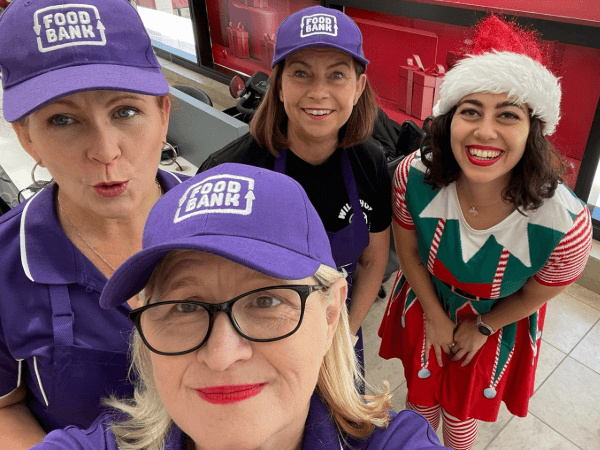
A special night under the stars thanks to Lactalis
Find out more
Cooking fun with Kids these school holidays
Find out more
Finding hope through Foodbank
Find out more
Workplace Giving made simple
Find out more
Pouring love into Peel
Find out more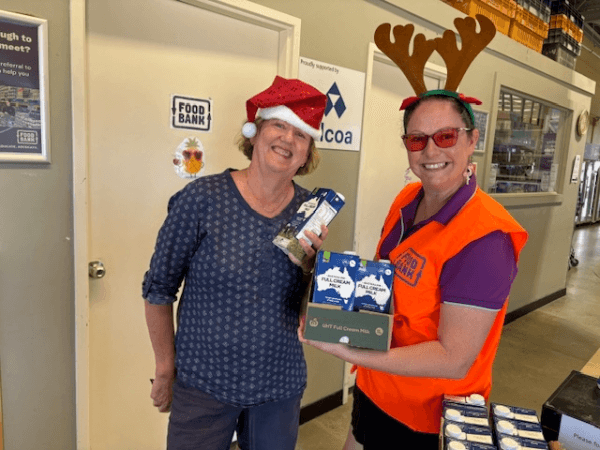
A new chapter for food relief in the South West!
Find out more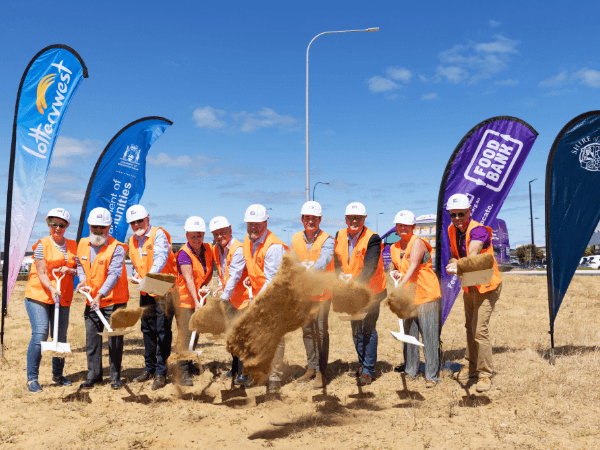
Community kindness in action
Find out more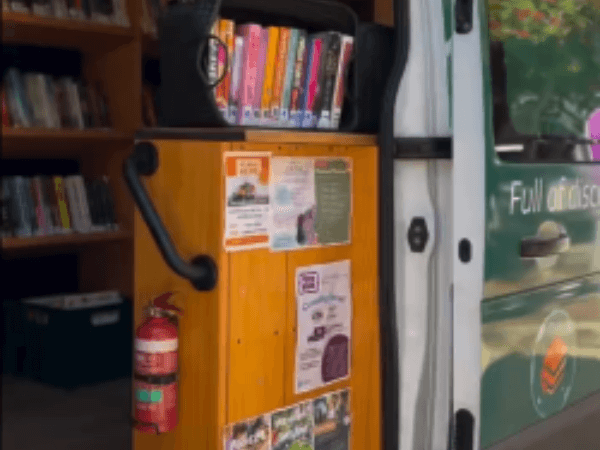
Best-before and Use-by dates – What’s the difference?
Find out more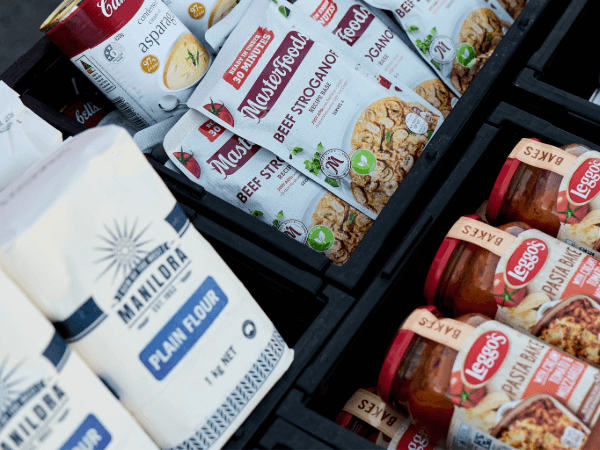
Expanding choice and dignity
Find out more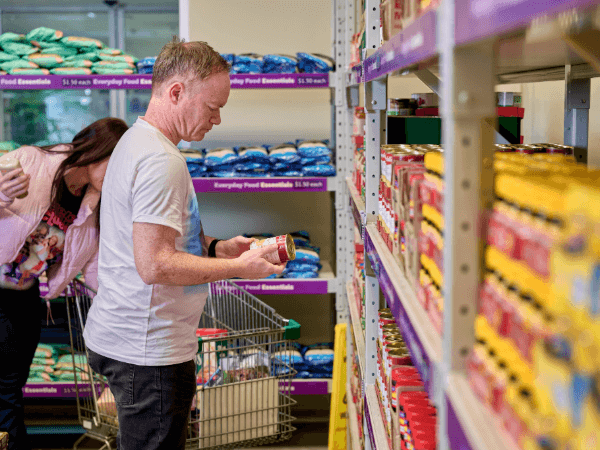
Building a stronger future for the South-West
Find out more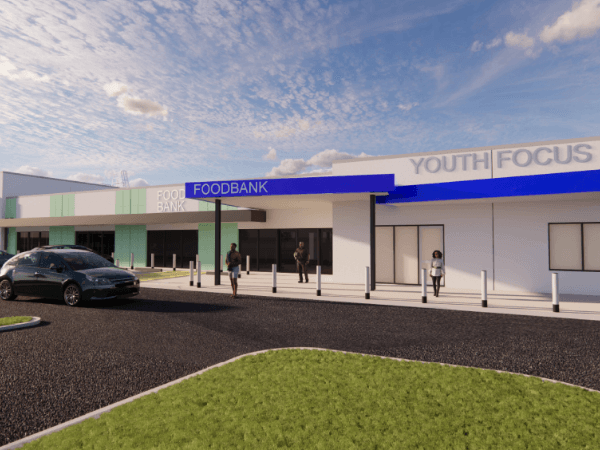
The wheels spun and hearts united
Find out more
Northern Star Resources Expands its reach with Foodbank through WA
Find out more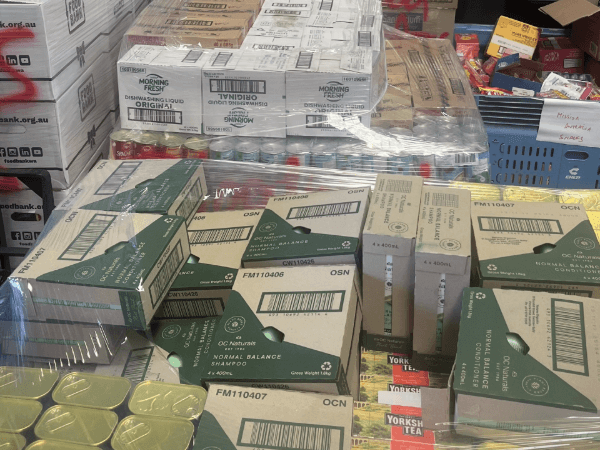
A win for Australia and a win for WA families!
Find out more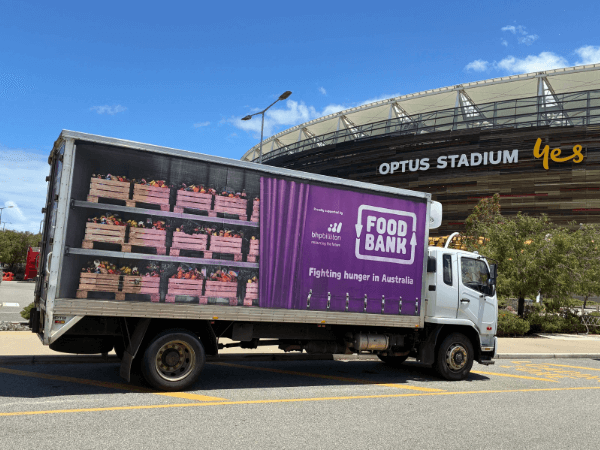
nom! Children is empowering parents and nourishing futures
Find out more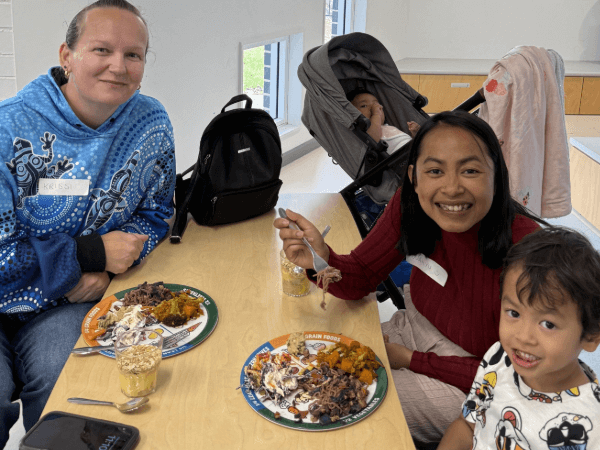
nom! building confidence, connection and lifelong healthy habits
Find out more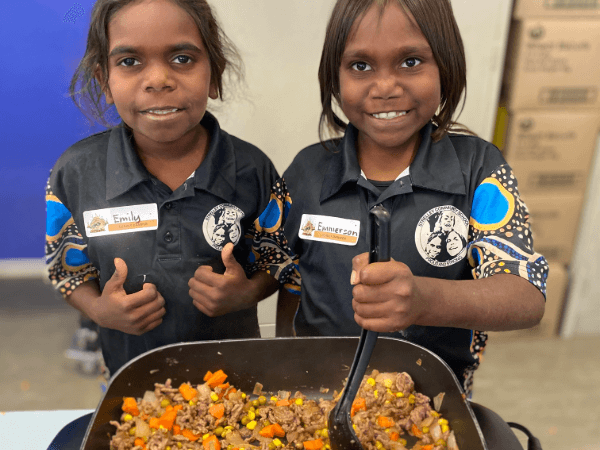
nom! Schools sets up healthy habits for life
Find out more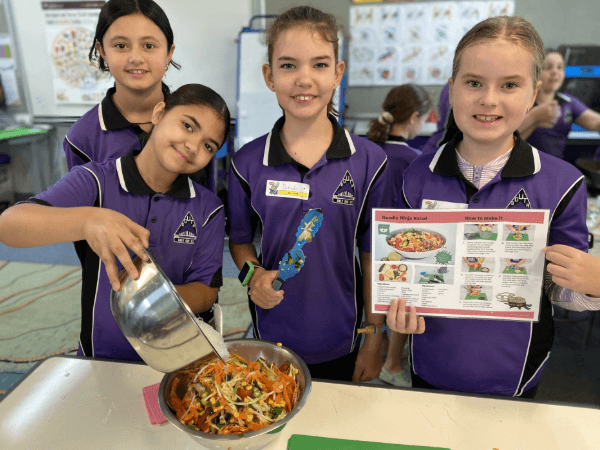
Our School Breakfast Program expands
Find out more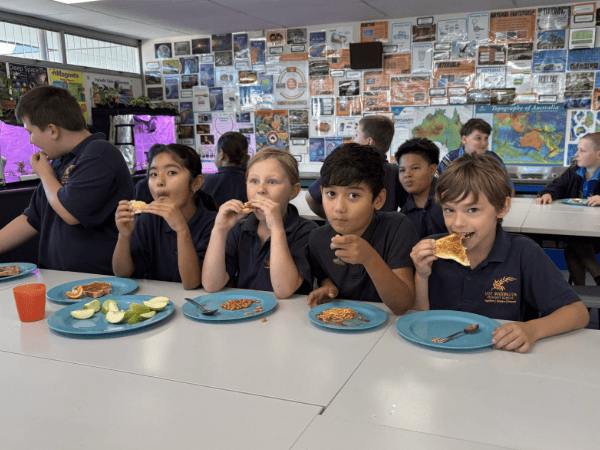
Turning corporate spirit into community impact this Christmas
Find out more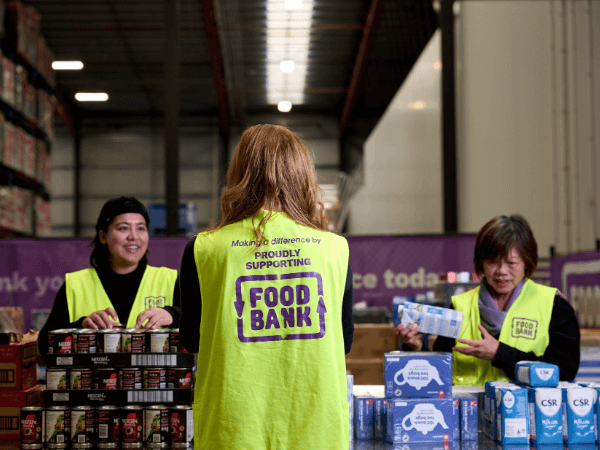
What a show-stopper!
Find out more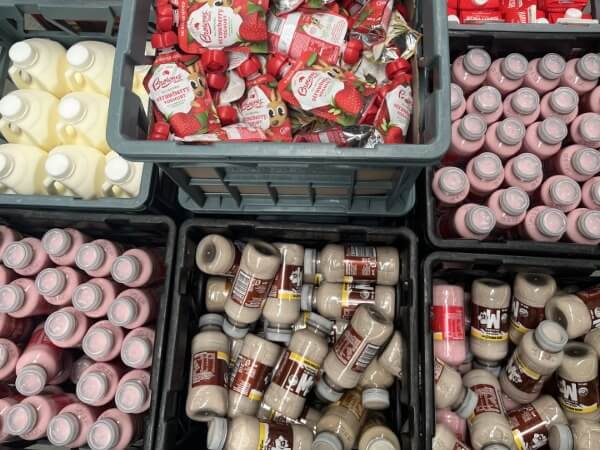
Meet Darren, our new Food Sourcing Manager
Find out more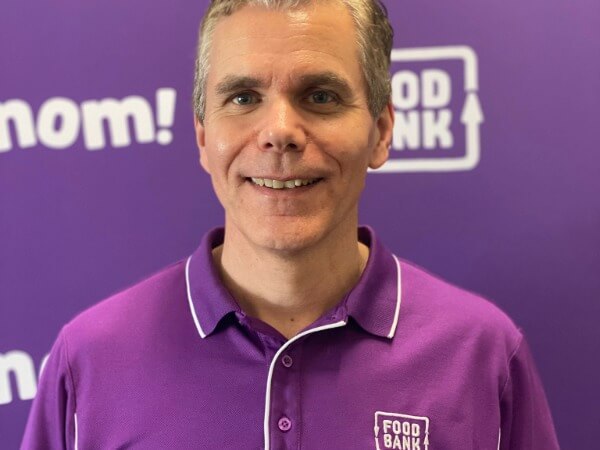
A very personal journey
Find out more
Talison Lithium displays how it is easy to show you care
Find out more
Fill your cup by filling a Hawaiian Giving Box
Find out more
Give a Feed in 2025
Find out more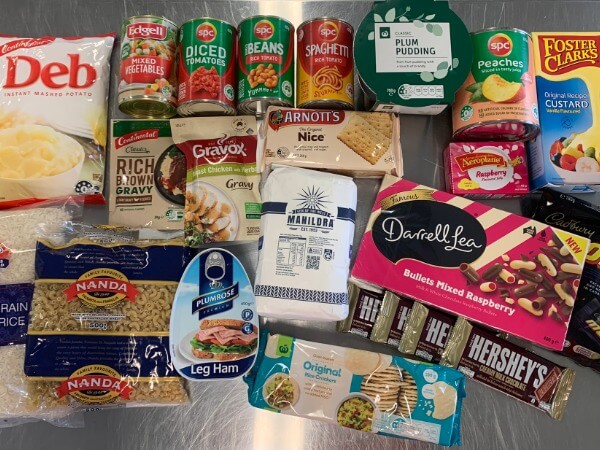
nom! wins over Wheatbelt schools
Find out more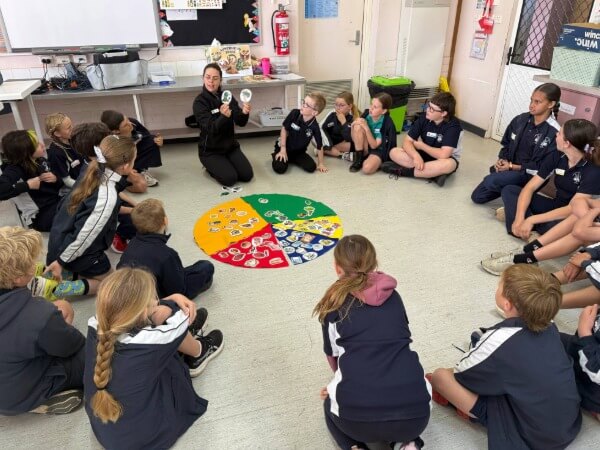
Hancock Iron Ore supports nom! Children in regional WA
Find out more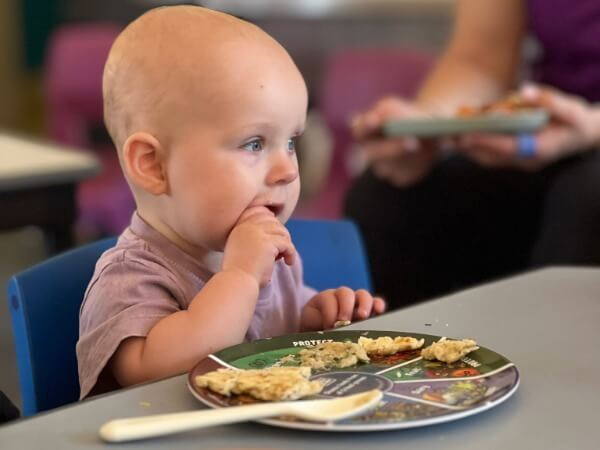
Alice worked hard all her adult life, now she has nowhere to go
Find out more
Striking a pose at the Telethon Family Festival
Find out more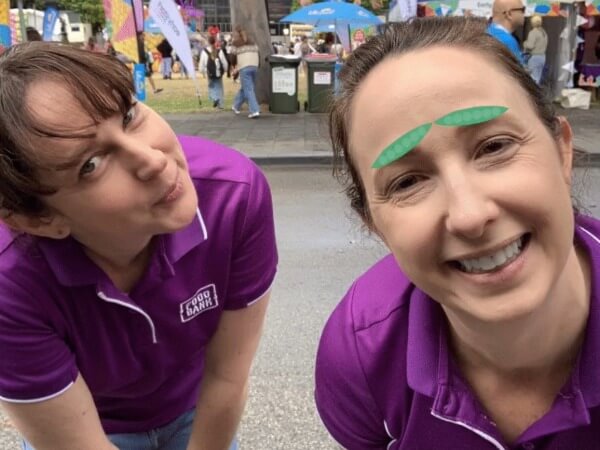
nom! Kids Kitchen at the2025 Perth Royal Show: that’s a wrap!
Find out more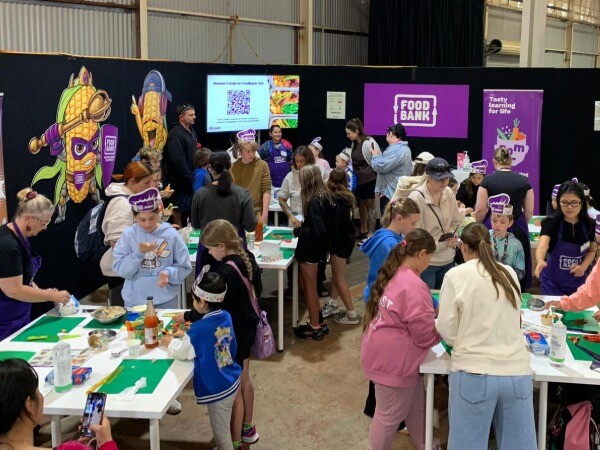
Why it’s important to ‘let it go’
Find out more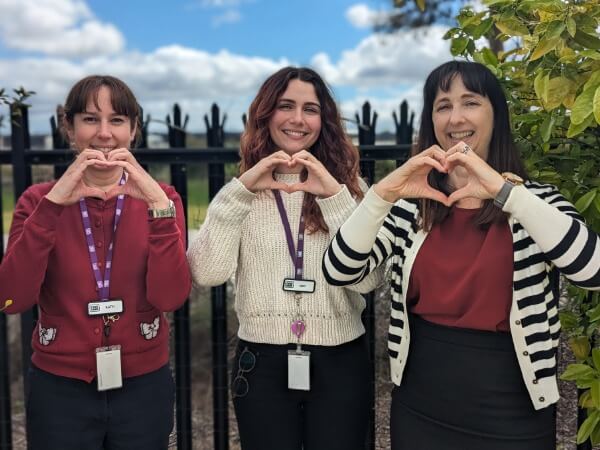
Lotterywest donation boosts Foodbank WA’s fresh food distribution capacity
Find out more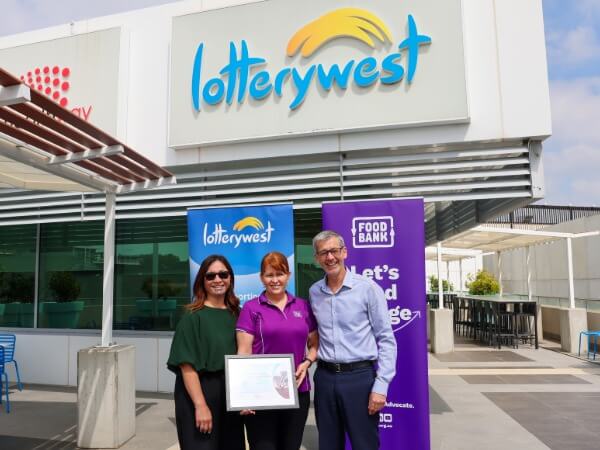
In a world where you can be anything, be kind
Find out more
nom! Schools creating lasting impact
Find out more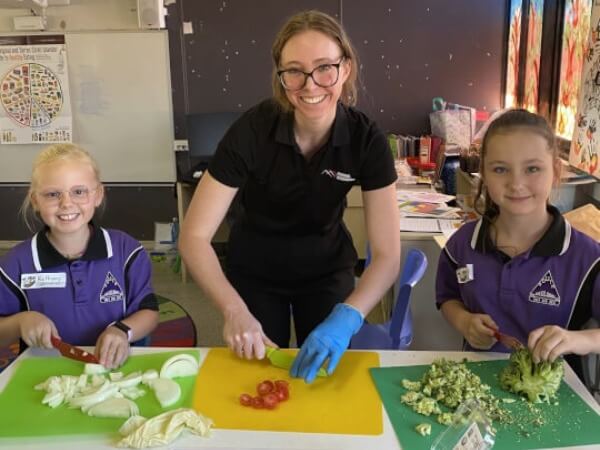
Building confidence and healthy habits with the nom! Children program
Find out more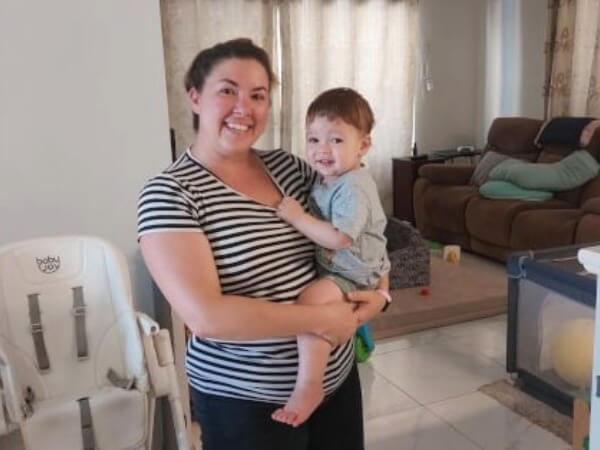
Bigger than the game
Find out more
School Breakfast Program really delivers
Find out more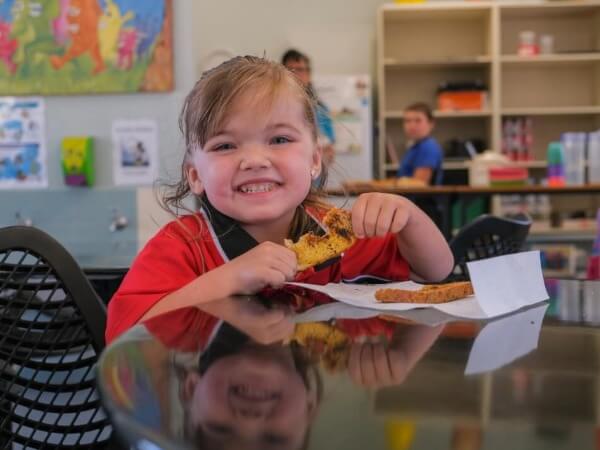
Foodbank WA Community Kitchen delivers half a million meals
Find out more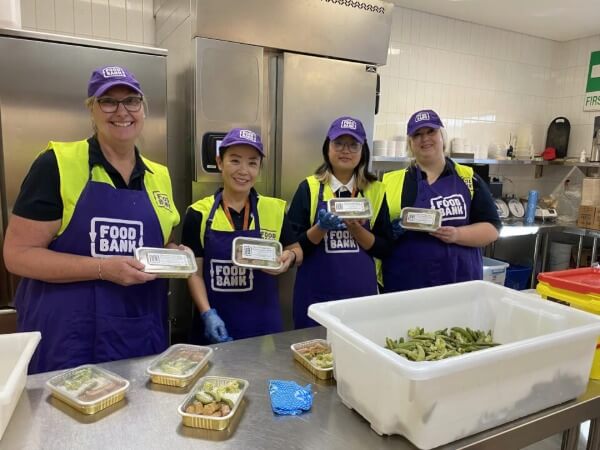
Regional partnerships help to meet growing demand
Find out more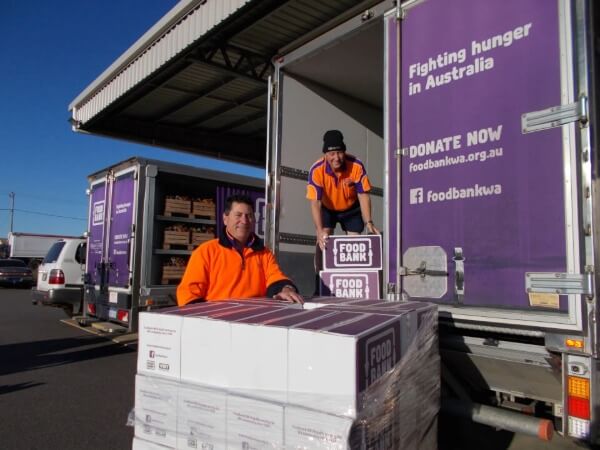
Foodbank WA fights hunger with FREE fruit and vegetables
Find out more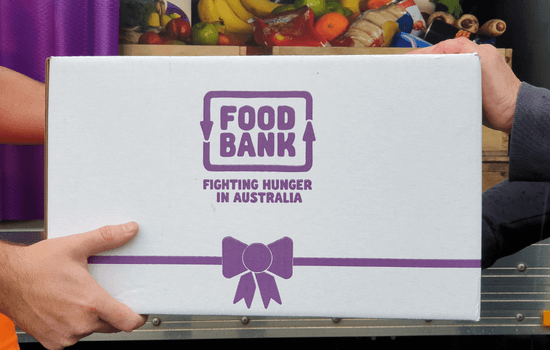
Protein power
Find out more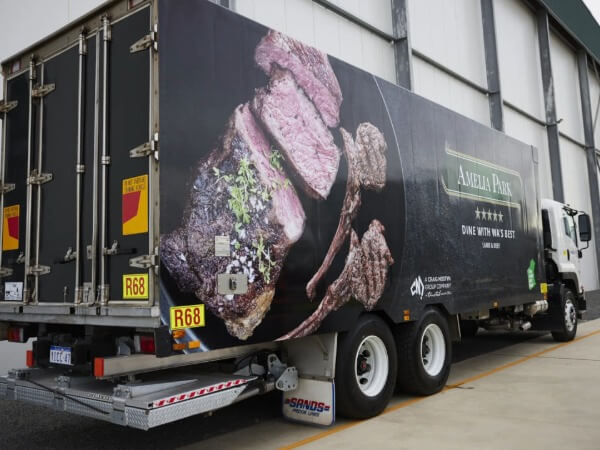
Ex-squeeze me, did someone say oranges?
Find out more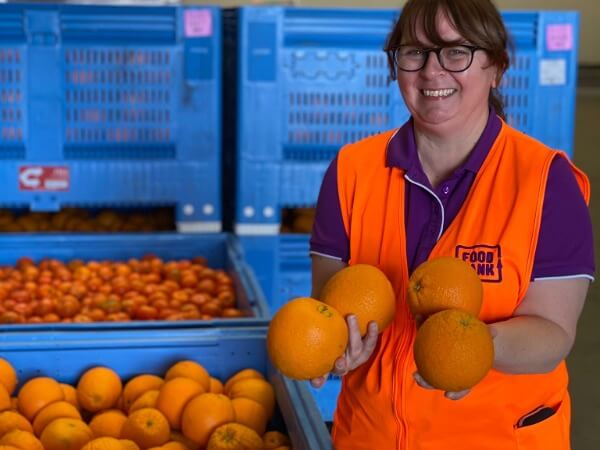
Stand-by list for Christmas Hampers
Find out more
Powering food relief in Kalgoorlie Goldfields
Find out more
Those most vulnerable, hit hardest
Find out more
A thank you to melt hearts
Find out more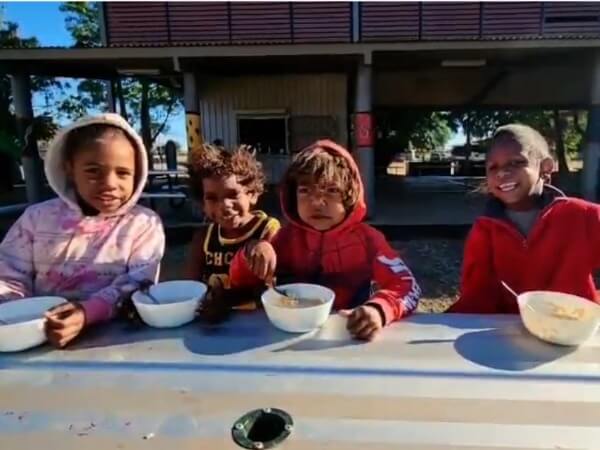
From broken to brave
Find out more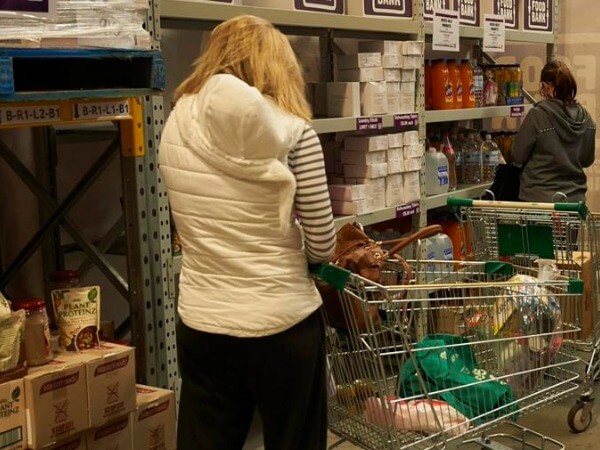
At Costa, every mushroom counts
Find out more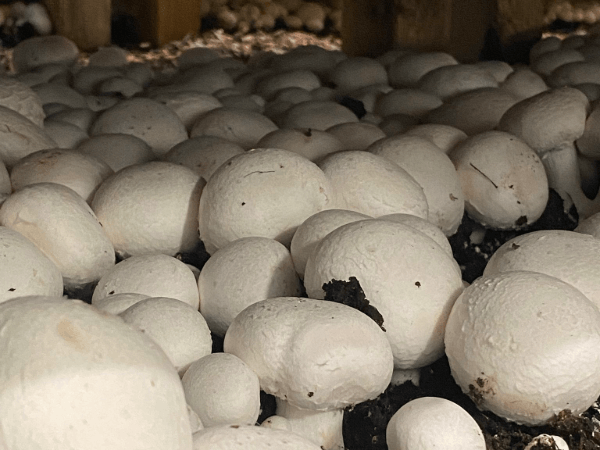
Find us on the Charity Trail
Find out more
Wheels of hope
Find out more
Alcoa continues to support Southwest communities
Find out more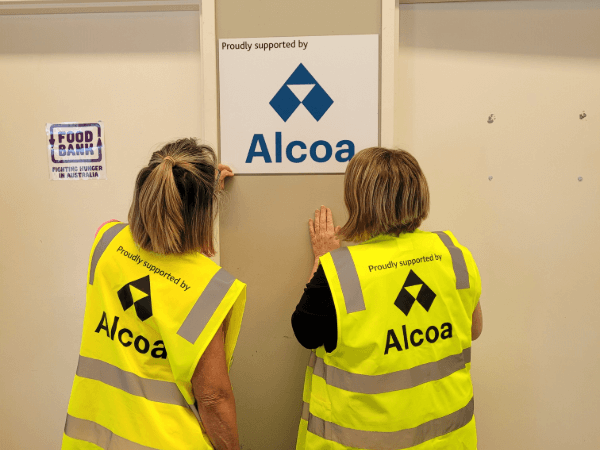
National Nutrition Week
Find out more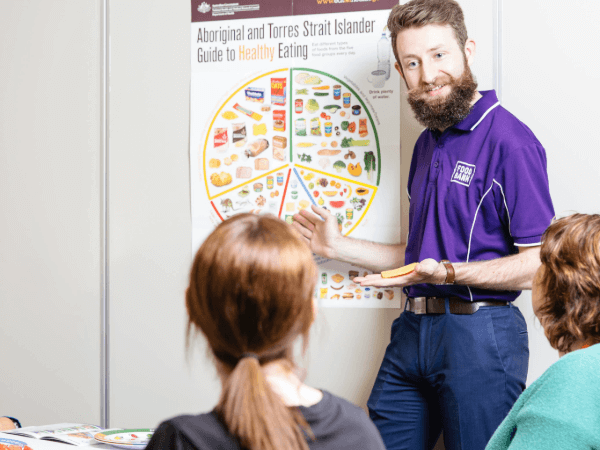
Anti-Poverty Week – A call to action
Find out more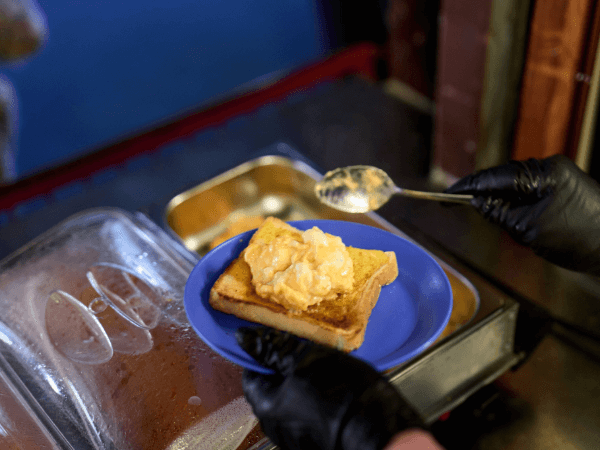
A world away from everything you know
Find out more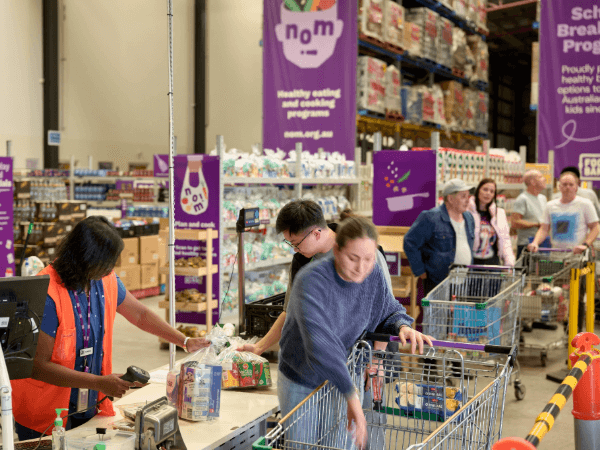
Sustainability is at the heart of everything we do
Find out more
Community classrooms: nom! Schools delivers sessions in the red dirt
Find out more
So much more than the post
Find out more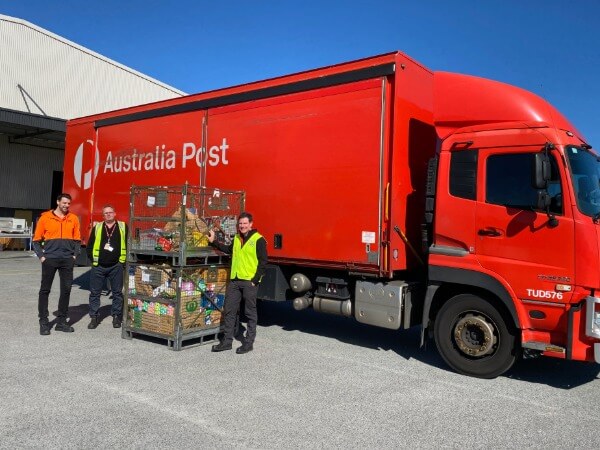
Food relief for students thanks to Allianz Partners
Find out more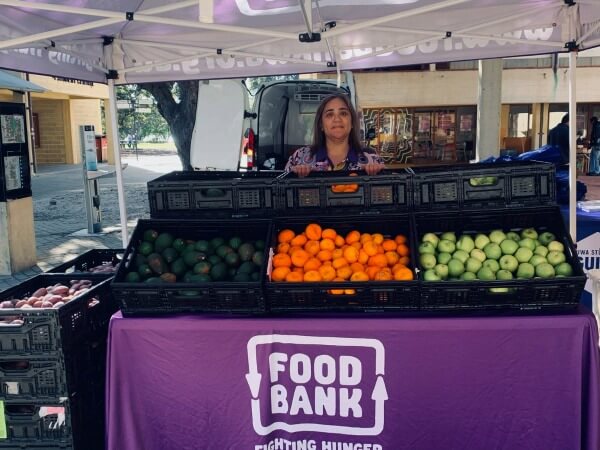
It takes a village – Help us grow our volunteer community
Find out more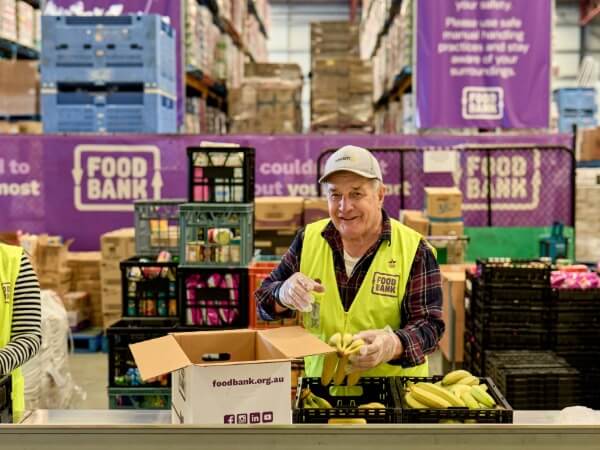
Corporate Volunteering: Make a difference together
Find out more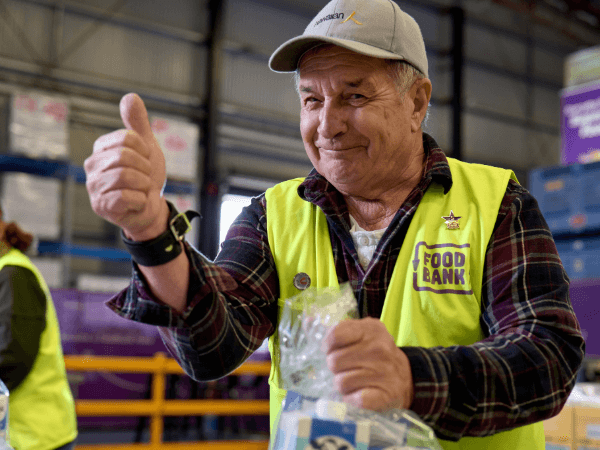
Team up, give back, make a difference
Find out more
What we eat influences how we feel
Find out more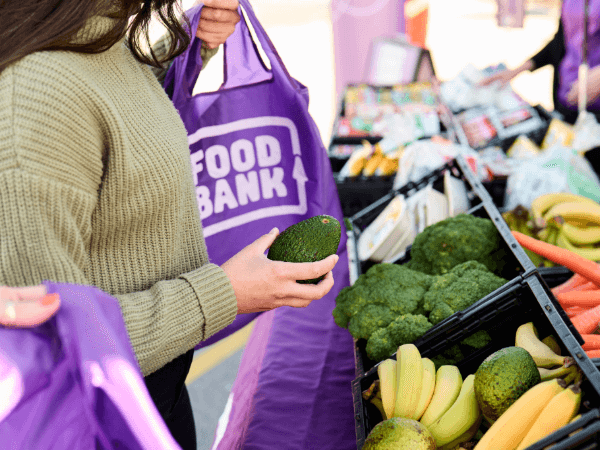
ToyBox helping us to deliver nom! sessions
Find out more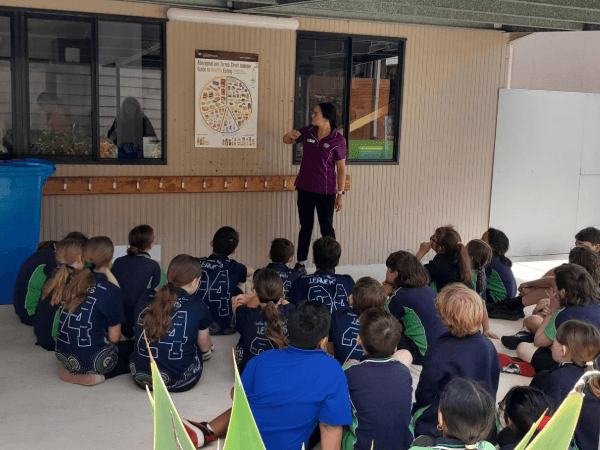
Repurposing is our middle name
Find out more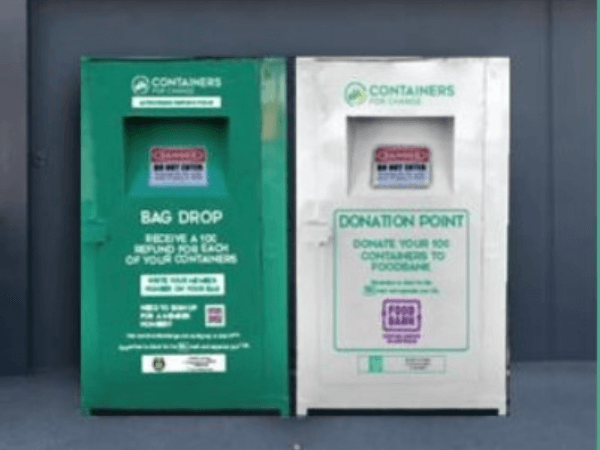
Bringing food relief closer to home
Find out more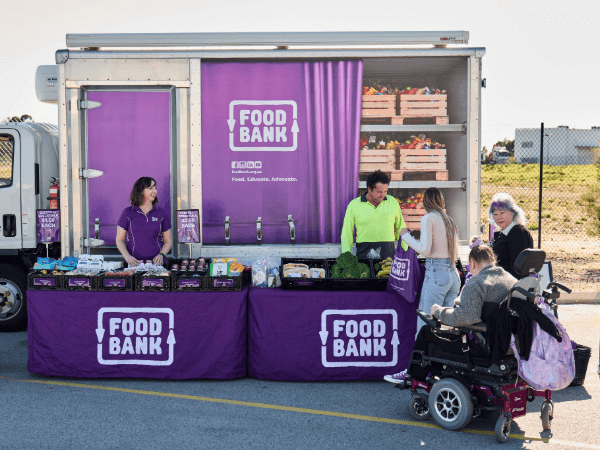
Diary of a Foodbank volunteer
Find out more
nom! Kids takes over
Find out more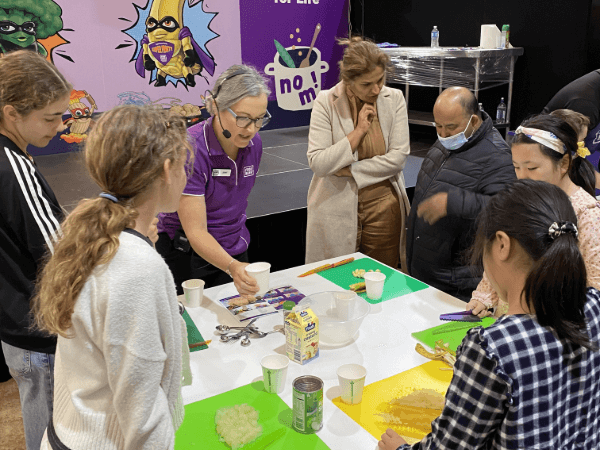
We are excited about our Grain Program
Find out more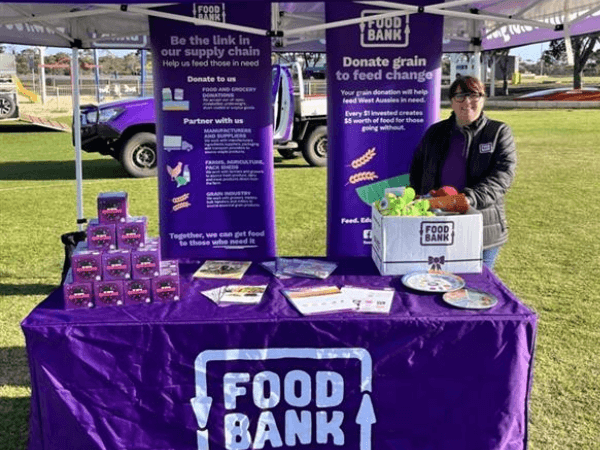
Rain, hail or shine
Find out more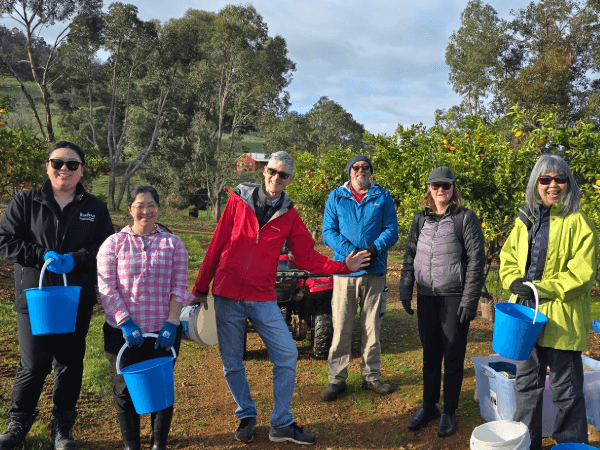
Cooking for a cause
Find out more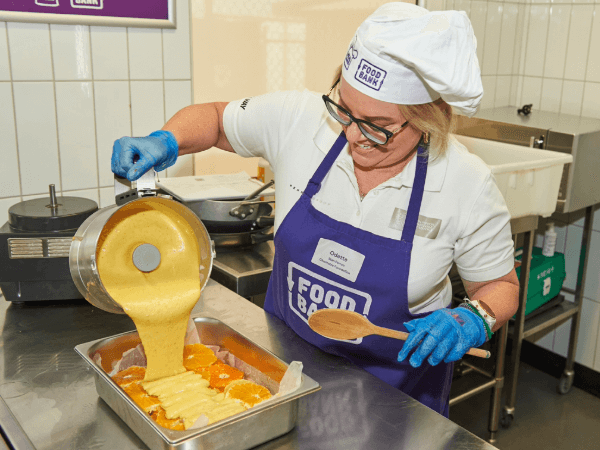
Serving up a unique menu
Find out more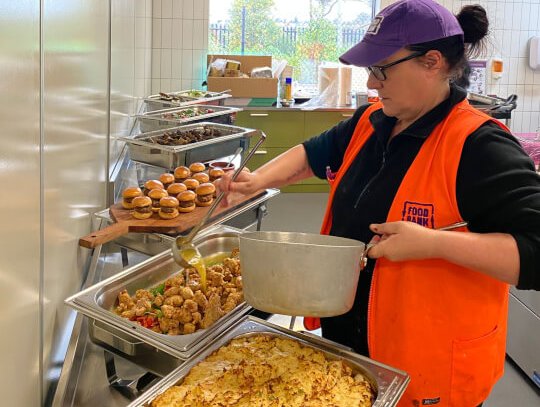
Small business, big heart
Find out more
Our Volunteer Stories | Teamwork
Find out more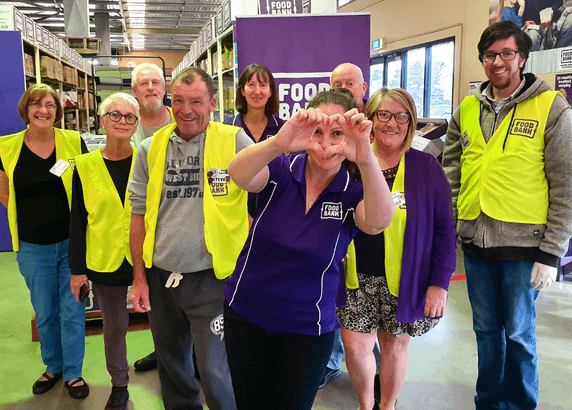
Nom! building confidence, connection and lifelong healthy habits
Find out more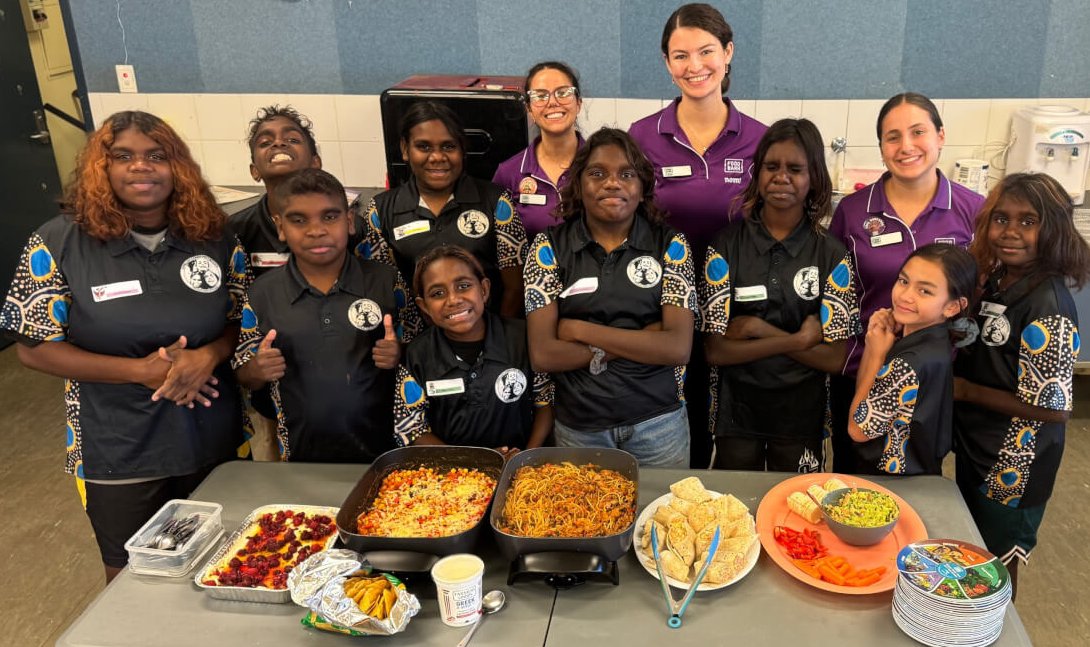
Do you have a Workplace Giving Program?
Find out more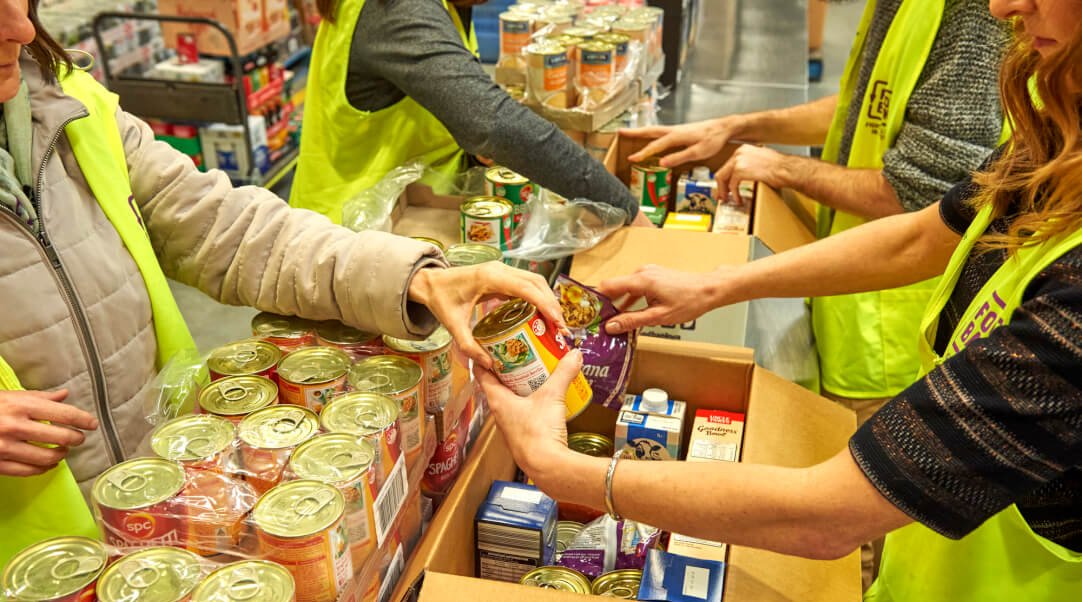
Consistency is key
Find out more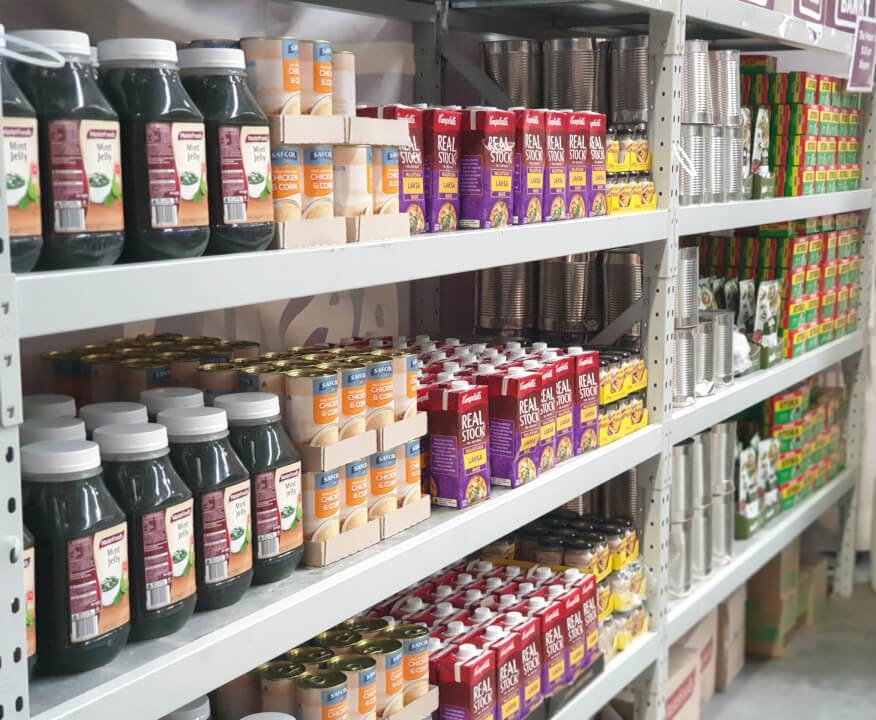
The seal of freshness
Find out more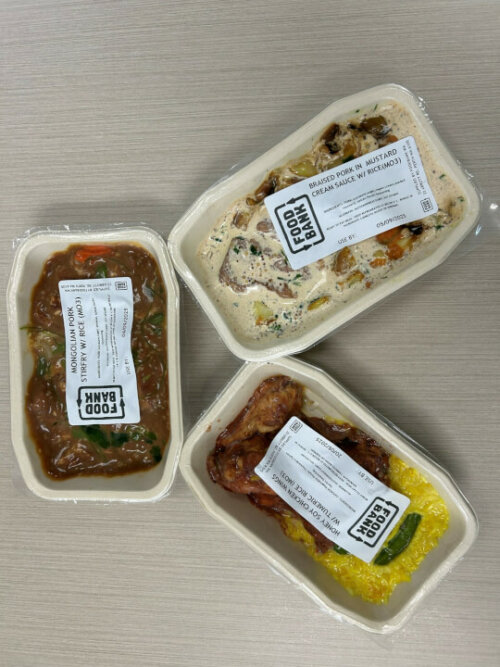
nom! Children program takes stress out of mealtimes
Find out more
What do our customers say?
Find out more
ERFAS 5 Year milestone
Find out more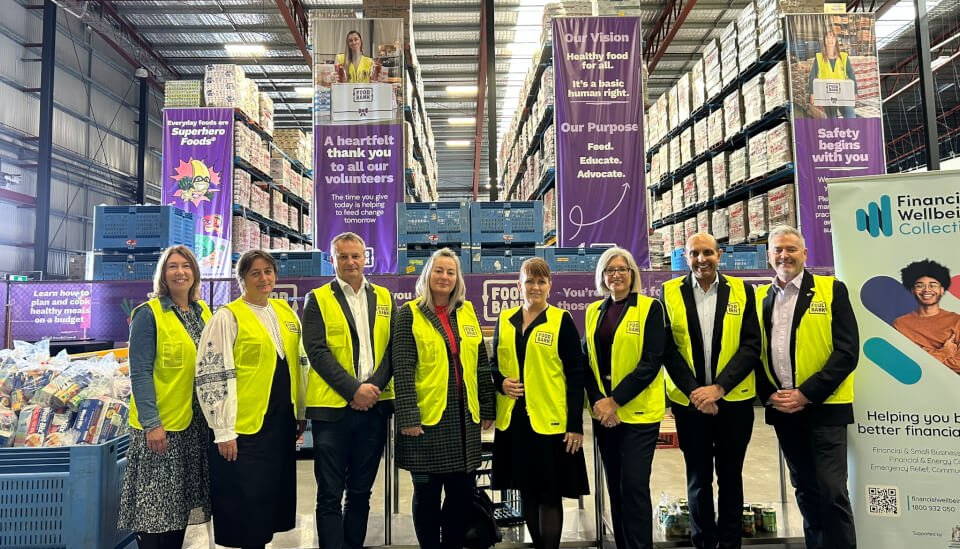
 Log in
Log in